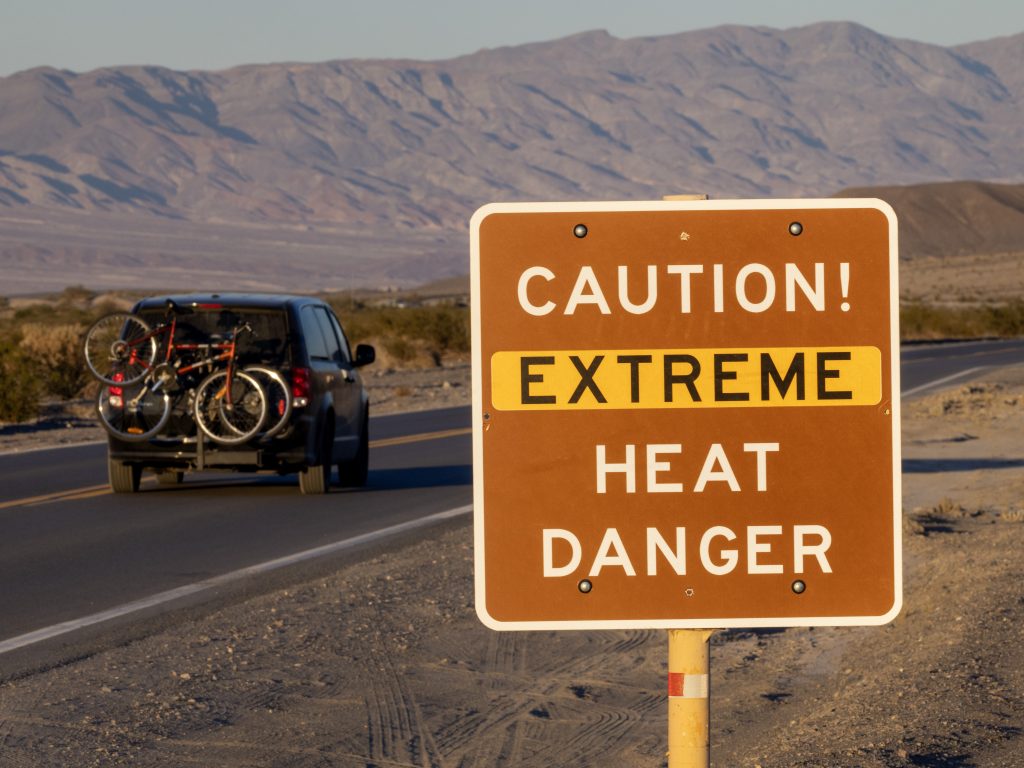Two of the world’s foremost humanitarian organisations have cautioned that extreme heat, often overshadowed by more widely recognised climate change consequences like hurricanes and flooding, poses one of the gravest dangers. Despite its lethal nature, extreme heat remains inadequately acknowledged.
The year 2023 marked the hottest on record, with soaring temperatures disproportionately impacting the most vulnerable segments of society: the elderly, outdoor labourers, and those lacking access to cooling amenities such as air conditioning.
At a virtual summit, the Red Cross and the US Agency for International Development (USAID) sounded the alarm on the “invisible killer” of extreme heat, coinciding with the United States experiencing its warmest winter on record.

Jagan Chapagain, Secretary General of the International Federation of Red Cross and Red Crescent Societies, implored governments, civil societies, and stakeholders globally to take tangible actions to prepare countries and communities for the escalating threat of extreme heat.
Samantha Power, USAID chief, issued a stark warning, highlighting that in the United States, extreme heat is already deadlier than hurricanes, floods, and tornadoes combined. She urged development agencies, philanthropies, and donors to acknowledge the peril posed by extreme heat and allocate resources to enhance community resilience.
Power cited ongoing initiatives, including USAID’s support for a programme constructing “heat-resilient schools” in Jordan, equipped with passive heating and cooling systems, thermal insulation, double-glazed windows, and air conditioning.
John Podesta, US climate envoy, underscored the global impact of climate change, noting over 60,000 heat-related deaths in Europe in 2022. He emphasised the importance of climate information and early warnings in saving lives, lamenting the lack of access for one-third of the world’s population.
In Freetown, Sierra Leone, nearly a million trees have been planted since 2020 as part of efforts to combat rising temperatures and enhance urban resilience. Freetown Mayor Yvonne Aki-Sawyerr cautioned against complacency in addressing emissions reduction, stressing its crucial role in mitigating climate change impacts.


